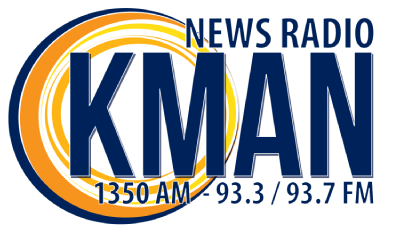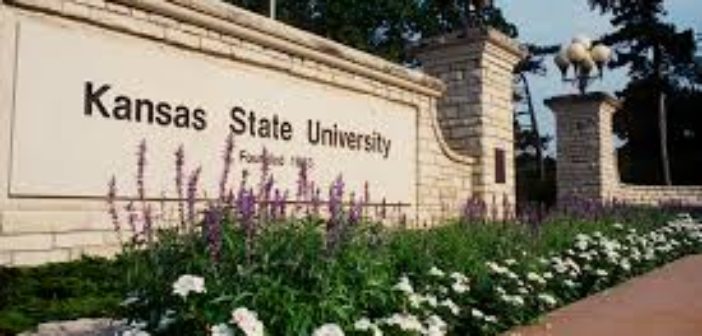Universities and colleges across the United States are shutting down and moving online in response to the global coronavirus pandemic, and Kansas State University is anticipating losing tens of millions of dollars in revenue.
K-State President Richard Myers said the universities “hastily” gathered figures estimate a $21 million impact as a result of ceasing in-person operations to prevent the spread of COVID-19. He spoke during a digital meeting of the Kansas Board of Regents Wednesday.
KSU also announced Wednesday that resident students who left the dorms since Spring Break will receive prorated refunds of their room and meal plan payments for the semester. According to Myers, that puts KSU Housing and Dining in a tough position as its cash flow is about $700,000 per month.
“If we have to refund money and we have no cash coming in, we’re going to be in a hole very quickly,” says Myers. “We have a big bond payment due in April.”
Throughout the pandemic, Myers says the university has committed to paying its faculty, staff and student workers. Many of those employees have shifted to working from home, while some student workers are being paid to not come in at all.
“We’re seeing changes at least a couple to three times a day,” says Myers. “So what we’re talking about now could be different tonight, it certainly could be different tomorrow morning.”
Though maintaining current employees, the university will not onboard any new ones and will cease all recruitment operations according to a separate Wednesday release. The hiring freeze is effective immediately and halts all ongoing or prospective recruitment processes.
Myers also says K-State and the Foundation are still working to determine how the university’s endowment and ability to provide scholarships. Funding is based on a 12 month rolling average, so the foundation won’t see any changes until June. After that, it is unclear what disbursements will look like, but Myers says many endowments shut them off if funds dip too low to protect the overall fund.
“The Foundation did kind of a broad brush, now they’re going through each of the endowed scholarships to see where we stand,” says Myers. “So we’re going to have a much more granular do […] by the end of this week.”
“Of course, the market is going to determine some of this.”
Myers also informed regents that the university’s College of Veterinary Medicine will continue clinic work and providing emergency animal care for the time being in order to ensure students can graduate on time.


